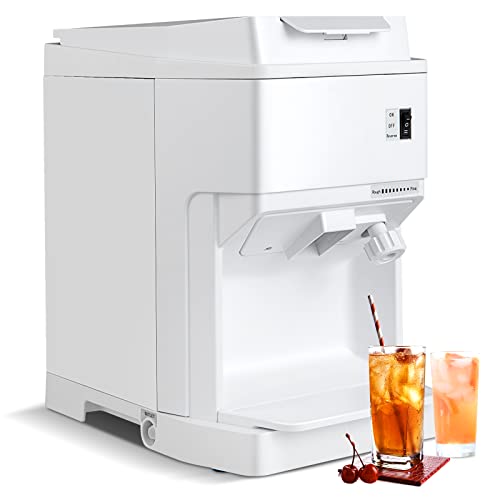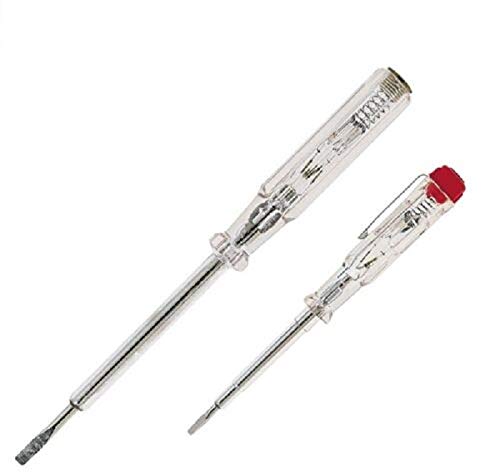Thanks Paul. I thought you had read somewhere that the new version would be retrospective.
EICRs are very open to interpretation. I was discussing in another place an EICR done where the tester had put a C2 for not having an RCD test label on the CU. To my mind that put into doubt his technical expertise and every other item he had coded, because there is no way a missing label is "Potentially dangerous, Urgent remedial action required."
The trouble is Dave, a lot of people these days have forgotten the phrase, "good for continued service"!
In this day and age, with the claim culture being as it is, I think the IET et al, need to be very careful what they are doing, their blatant attempts to change things just to raise revenue, and lets be honest, most of the time that's all the changes are for, could come back to bite them. I would ask you to consider this situation.
For years we fitted plastic consumer units without problems, then for reasons we've discussed here numerous times, the IET decides that they are no longer safe, now lets imagine that I've just purchased a new house, a very expensive one. now I bought this a few months before the reg changed, therefore I have a plastic CU, at the time of my eicr it is pointed out to me that it no longer complies with the regs, due to the plastic CU.
Here is where it gets interesting, it could reasonably be argued that, given that the plastic has always been combustible, the IET should have prevented their use many years earlier, and by failing to do so had been negligent in the extreme!
Simply put it's a bit like petrol, since it was first produced it was known to burn very well, it would be unreasonable for anyone to state for example that it was safe to smoke while handling the stuff, then years later to say, "well you can't smoke near it, it can catch fire". It's always been able to catch fire, so to to say you can smoke near it, then to say you can't, smacks of negligence, and could leave you open to prosecution, it's actual fact, not fiction.there are numerous cases where companies have been prosecuted for carrying out procedures, or using materials that for years have been known to be dangerous.
The trouble is, as we all know, most fires involving consumer units are down to incorrect tightening of terminals, which in my opinion is down to a lack of proper teaching, not the fault of the equipment.however this would mean the IET admitting that a lot of these training providers are not fit for purpose, something which we already know, however since these organisations provide a vast source of income for a number of people, from the trainers, the scams, even the test equipment manufacturers, nobody wants to rock the boat. Lets be honest, take books produced by the IET, we buy a copy of the regs, each time they are changed, as we do with other books, the guidance notes for example, now if there wasn't a constant influx of new sparks, then the IET would make less money from it's books, the scams would have less members, meter manufacturers would sell less test gear and so on.
We appear to be the only industry that deals with a problem by creating another one, look at driving for example, do we only produce cars that won't exceed 30 mph in an attempt to prevent speeding? NO! We enforce the speed limits, so that only those who break the law are punished, do we fit all cars with devices to detect if a driver is unfit to drive due to drink? Again no, we tackle the drink drivers. Why if not for the sake of revenue raising should the IET et el, go down the route they have chosen? And that sir is my case for the prosecution.
































































